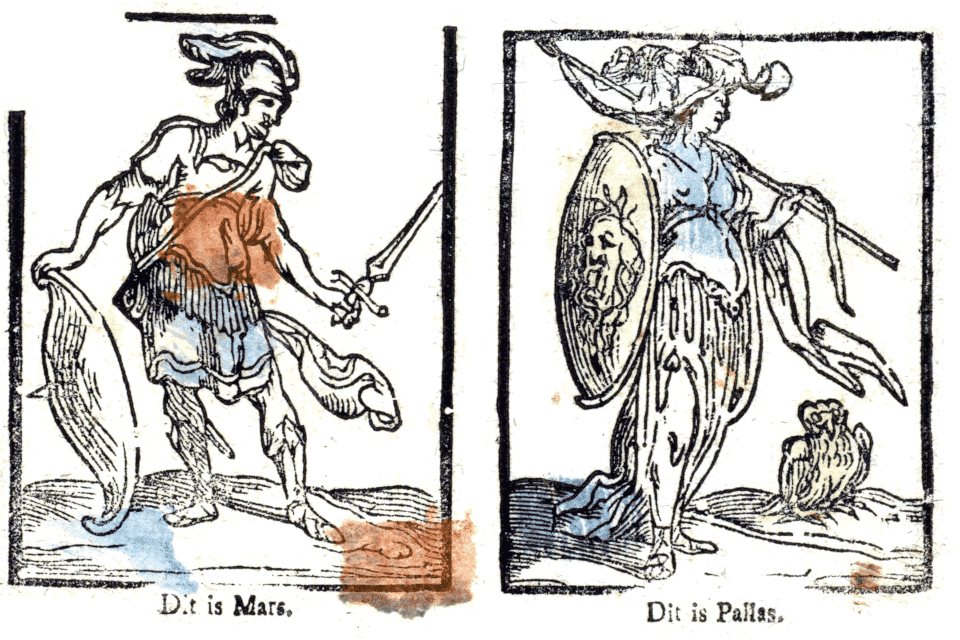On the Good
Jan. 16th, 2022 12:31 pm
Those [Gods] who watch over [the world] are Hestia, Athena, and Ares. [... But] if there is no ordering power[, ...] whence comes the fact that all things are for a purpose[? ... To] attribute men's acts of injustice and lust to Fate, is to make ourselves good and the Gods bad.[Sallustius VI, IX]
Herostratus, an Ephesian, set fire to the temple of Artemis at Ephesus, which had been begun by Chersiphron, and completed by Demetrius and Paeonius. It was burnt on the same night that Alexander the Great was born, B. C. 356, whereupon it was remarked by Hegesias the Magnesian, that the conflagration was not to be wondered at, since the goddess was absent from Ephesus, and attending on the delivery of Olympias[. ...] Herostratus was put to the torture for his deed, and confessed that he had fired the temple to immortalize himself. The Ephesians passed a decree condemning his name to oblivion; but Theopompus embalmed him in his history, like a fly in amber.[William Smith, Dictionary of Greek and Roman Biography and Mythology]
Of Hestia, we barely remember the name of Chersiphron. Of Athena, we have forgotten the names of the judges. But of Ares, we remember well the name of Herostratus.
We may not like Ares, but that does not mean He is not Good, and neither does it mean He does not look after His own.